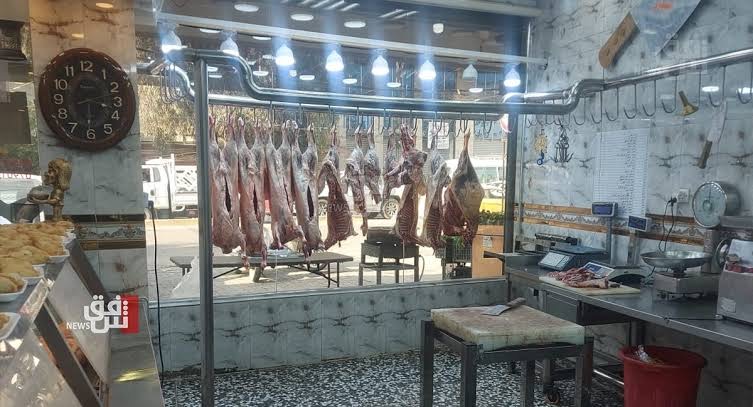Deception on the dinner plate: the donkey meat scandal unfolding in Iraq

Shafaq News / Reports of donkey seizures, intended for slaughter and illicit sale as red meat, have been intermittently surfacing from various governorates in Iraq. The predicament has escalated of late, following the initiation of an investigation into allegations of extensive donkey slaughtering and meat distribution in the northern city of Nineveh. This unsettling revelation has sparked concern among residents, raising fears of inadvertent consumption of such meat.
On May 9, a confidential security source disclosed the seizure of over 50 donkeys in Mosul's Bab Sinjar neighborhood by health authorities. The proprietors of these animals professed their sale to brick factory owners in other governorates. However, these declarations have engendered suspicion regarding the veracity of their claims and the potential for these animals' slaughter.
Monitoring bodies have noted a decline in livestock, specifically cows, which has purportedly incited traders to deceive consumers by misrepresenting donkey meat as conventional red meat. This disconcerting trend necessitates consumers to exercise vigilance, make purchases exclusively from reputable butchers, and discern the differences between donkey meat and conventional red meat prior to acquisition and preparation.
Saif al-Badr, a spokesperson for the health ministry, affirmed the continuous surveillance by health control teams in Baghdad and other governorates of food and beverage establishments. In his dialogue with Shafaq News Agency, al-Badr reiterated the rigorous follow-up of complaints and information from diverse sources, ensuring violators of the Ministry of Health and Public Health Law regulations face repercussions.
The propensity towards donkey meat consumption, as elucidated by Adel al-Mukhtar, a former adviser to the parliamentary agriculture committee, is attributed to traders' greed. This emerges from the dwindling livestock numbers, particularly cows, following the cessation of operations at major stations like Latifiya and al-Ishaqi. The escalating costs of feed and production have subsequently led to a surge in cow and red meat prices overall.
Al-Mukhtar highlighted plans to import livestock feed to compensate for the deficit and the challenges of cultivating green fodder, given the country's ongoing water crisis.
Wissam al-Jabiri, director of the veterinary hospital in Karbala, outlined distinguishing characteristics of donkey meat. He emphasized its unique bluish-red hue and a scent reminiscent of horse stables. Further, he noted that donkey fat exhibits a copper-yellow color, the meat possesses distinctive thick tissues unlike the softer, low-fat tissues of other meats, and the appearance of oil stains during cooking deviates from what is typical with standard red meat.
Legal expert Ali al-Tamimi clarified the punitive measures under Iraqi Law No. 146 of 1998, citing a seven to ten-year imprisonment for anyone found guilty of selling meat from animals such as donkeys or dogs as fit for human consumption. The severity of this sentence, he explained, is justified by the abhorrent nature of the offense. Al-Tamimi emphasized the necessity of enforcing these punishments to deter future incidents and highlighted the critical role of regulatory bodies, particularly with regard to restaurants and external roads.





